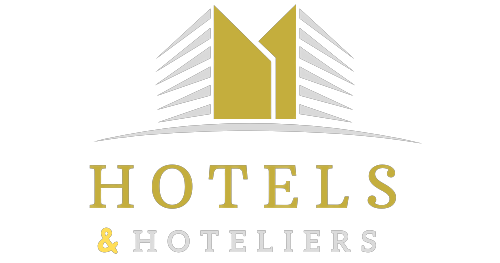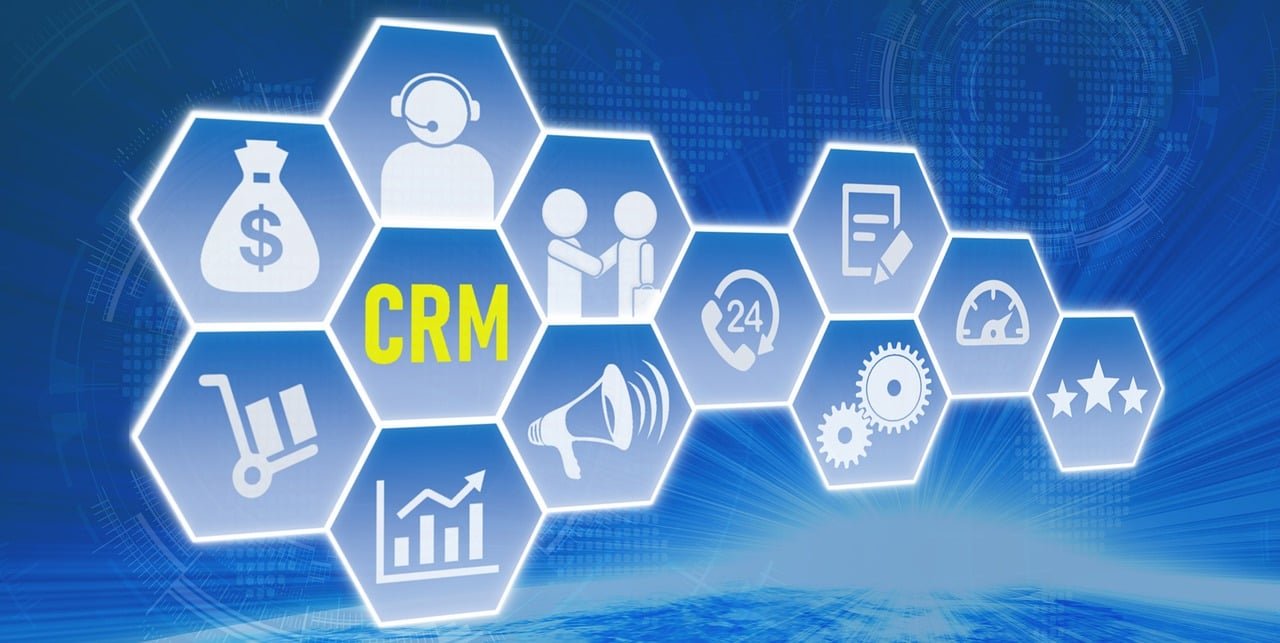What Is CRM In The Hospitality Industry?
Regardless you work In the hospitality industry or not, most probably you have heard about CRM. Well to put it shortly, CRM or Customer Relationship Management is a software that refers to a set of strategies, practices, and technologies that hotels or other businesses use to manage and analyze customer interactions throughout the customer lifecycle. The primary goal of CRM in the hospitality industry is to build and maintain strong relationships with their guests and exceed their overall experience and loyalty.
CRM in the hospitality industry is a valuable system because it helps hotels understand their guests, adapt services to meet individual needs, and build lasting relationships. By leveraging CRM, hotels can enhance guest satisfaction, increase loyalty, and improve their overall business performance. Now that we have a better understanding of what CRM in the hospitality industry is, lets dive into more details and get to know his roles
CRM In The Hospitality Industry And Its Roles:
Guest Profiling
CRM in the hospitality industry normally relates to creating detailed profiles for their guests. This includes information such as guest preferences, past interactions, booking history, special requests, and feedback. This information helps hotels and other hospitality businesses personalize services and offerings, and to lead to a higher satisfaction level.
Reservation Management
CRM systems make easier the management process of reservations and bookings. CRM is making easier this process by tracking all the guest preferences and behaviors, hotels can optimize room allocations, offer personalized packages, and ensure a smoother check-in/check-out process. Reservation Management systems can integrate with CRM to ensure that all guest information is centralized, providing a comprehensive view for hotel staff.
Personalized Marketing
Customer Relationship Management system allows hotels to separate their guest base and create targeted marketing campaigns. By understanding guest preferences and behaviors, hotels can send personalized promotions, special offers, and relevant communication to enhance engagement and encourage repeat visits.
Customer Communication
Effective communication is very important in the hospitality industry. CRM systems help hotels to stay in touch with guests through various channels, including email, SMS, and social media. This communication can include pre-arrival messages, post-stay surveys, and promotional updates. They can also automate communications such as client interaction and send reminders about customers’ bookings to give the impression that the hotel has made all the necessary arrangements for the arrival of guests.
Guest Feedback And Surveys
Another important role of CRM is the collection of guest feedback through surveys and reviews. Analyzing this feedback helps hotels to identify areas for improvement and address guest concerns promptly. Positive feedback can also be leveraged for marketing purposes.
Loyalty Programs
Everyone knows that repeat business is very important in the hotel industry. CRM systems assist hotels in building and maintaining guest loyalty by tracking guest preferences, managing loyalty programs, and tailoring promotions to individual guest profiles. CRM plays a key role in managing loyalty programs within the hospitality industry. By tracking guest preferences and spending patterns, hotels can reward loyal customers with special privileges, discounts, or exclusive offers.
Data Analytics

CRM systems normally generate valuable insights through data analytics. By analyzing guest data, hotels can identify trends, predict guest behavior, and make informed decisions to enhance the overall guest experience. CRM help hotels also to manage guest data securely and in compliance with privacy regulations. This is increasingly important as data protection and privacy concerns become more significant in the modern business landscape.
CRM systems in the hospitality industry normally integrate and are strongly connected with other operational systems such as property management systems (PMS), point-of-sale (POS) systems, and customer service platforms. This integration ensures a seamless flow of information across various departments.
Customer Relationship Management (CRM) systems were not originally created specifically for hotels, but their adoption in the hospitality industry, including hotels, has been significant due to the unique needs and challenges of the sector. CRM systems were initially developed to help businesses manage and analyze customer interactions and data throughout the customer lifecycle with the goal of improving customer relationships, driving customer retention, and ultimately increasing profitability. In the context of hotels, several factors contribute to the adoption of CRM systems:
A CRM system is not just a tool; it’s a strategic asset for hotels. It enables them to build strong relationships with guests, optimize operations, and stay competitive in a dynamic and customer-centric industry. Bare in mind that of most of the 5-star hotels they do have integrated a CRM system so if you manage one, make sure do apply the same.
Featured Image From Pixabay (Not Copyrighted And Free Commercial Use)


